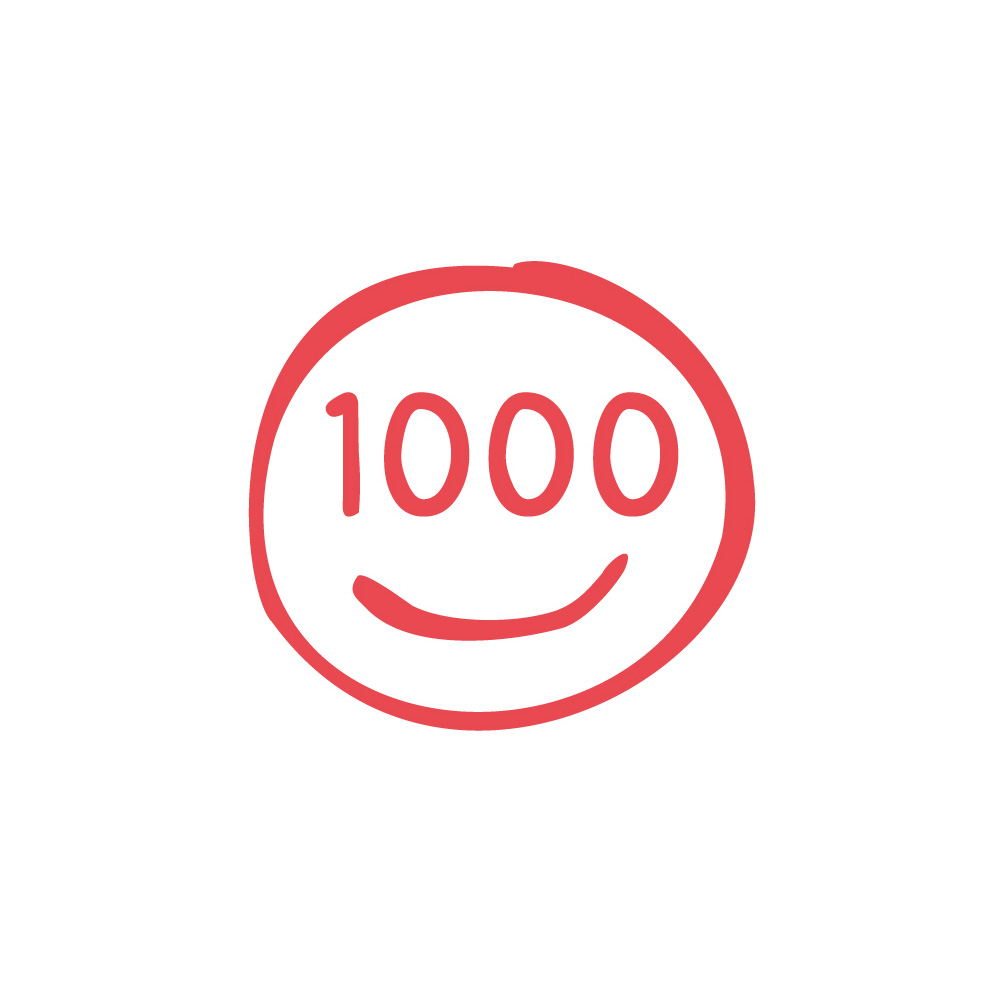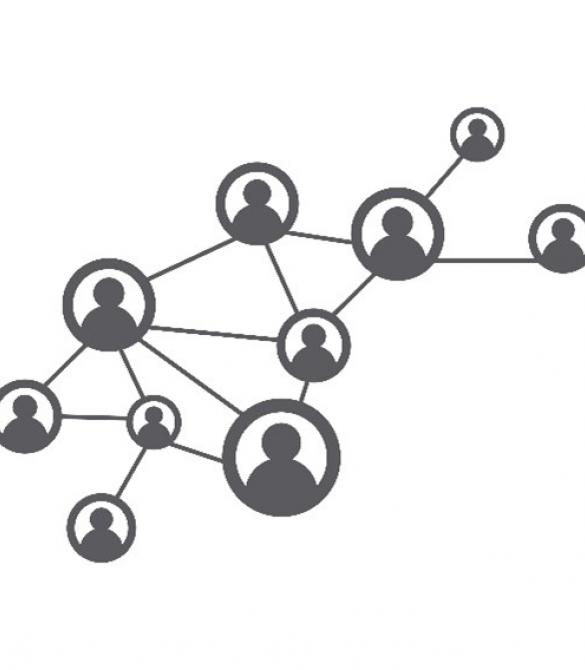
Together we investigate what the most important starting points are for effective and sustainable changes.

Healthy development and growth during the first 1000 days depend on several different factors and stakeholders. Problems that arise during this time are often complex and dynamic, this means that there is not one straightforward solution to prevent these problems.
That is why we started systems science in 2020. With the help of systems science we examine how different elements within a system influence each other. Instead of looking at - and responding to - individual problems, we look at the relationships and dynamics between different activities within a system. We look at patterns over time and underlying mechanisms and starting points for sustainable and structural changes.
An iceberg is a powerful metaphor for "systems thinking". Systems are like large icebergs. Only the tip of the iceberg is visible, about 90% of the iceberg is underwater and largely determines how the iceberg develops, and how it moves in relation to the flow and speed with which the ice melts or grows.
By focusing, within Food4Smiles, on the entire system during the first 1000 days of life of children in New West, we obtain additional and innovative knowledge. That way we can increase the impact and sustainability of actions aimed at a healthy start.
Systems science is increasingly used for health science issues, but much is still unclear. Together with a group of national and international experts, we are working on establishing systems science within Food4Smiles.
We use various systems science methodologies to collect and analyze data that contribute to the development of a sustainable action plan together with stakeholders.
We make a Social Network Analysis (SNA) that contributes gaining insights into how and which social networks in New West focus on a healthy start.
We also mapping what's being done in the field of lifestyle and the first 1000 days through Action Mapping.
In addition, through Causal Loop Diagrams (CLD) we provide insight into how various factors in a system are related to each other, we do this with experts / academics as well as with local stakeholders. In this way, mutual causes, of both obstructing and protective factors, are uncovered that serve as a starting point for setting up a sustainable action plan.
This action plan is set up with parents and other relevant stakeholders from the wider system and with the help of Group Model Building (GMB) sessions. In these GMB sessions, a participatory process is started together with stakeholders in Nieuw-West to jointly form a vision about a healthy start and set up a supported action plan with short and long-term actions.
Read more about a system approach in this Dutch article ‘De oorzaak van onderconsumptie groente en fruit is complex’ on Voeding NU

Ben jij betrokken bij activiteiten en/of werk je samen met anderen in de wijk rondom een gezonde groei en ontwikkeling van kinderen tot 2 jaar oud (inclusief de zwangerschap) èn wil jij meewerken om het overzicht van het netwerk zo compleet mogelijk te maken?
Stuur dan een mailtje naar food4smiles@vu.nl en ontvang een link naar de online vragenlijst.
Onder het genot van een drankje en hapje zullen we tijdens een netwerkbijeenkomst een terugkoppeling geven van de resultaten van het onderzoek en krijg je de kans om professionals en organisaties uit de wijk te ontmoeten.
Vragen? Neem contact op met Carline Wesdorp via food4smiles@vu.nl
Contribute to a healthy start for a growing number of children.
